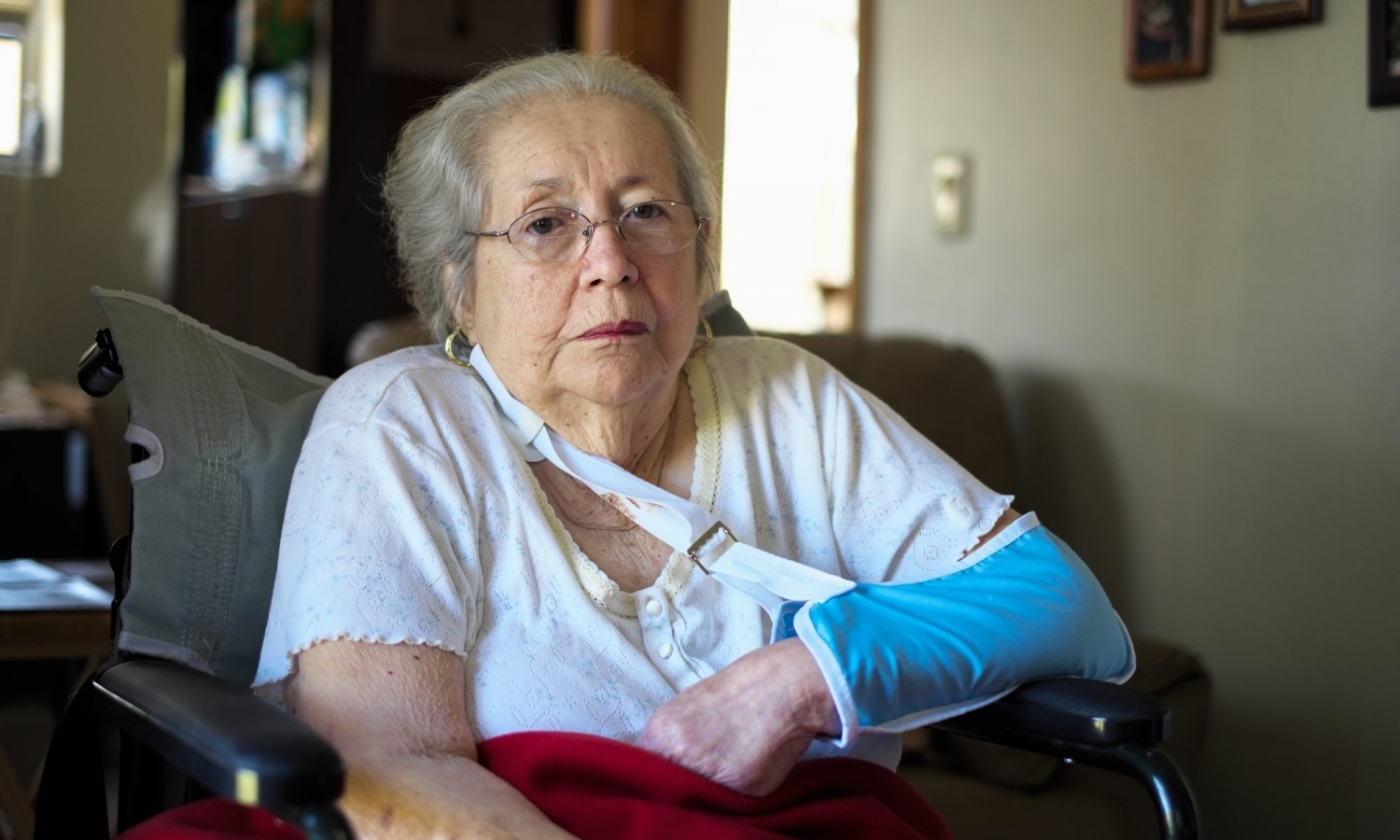
What is Elder Abuse and What if I Suspect It?
By CarePatrol of Central Maryland & Loudoun Virginia
With the senior population growing, the need for care is also increasing. Chronic health conditions often keep seniors more isolated and dependent on others, making them more susceptible to abuse, neglect, and exploitation.
As much as we don’t want to consider that someone could harm our loved one, according to the National Center on Elder Abuse (NCEA), “most cases of elder abuse are perpetrated by known and trusted others, particularly family members.” Elder abuse can also happen outside the home in assisted living communities and health care facilities.
What Constitutes Elder Abuse?
Mistreatment of elders can take on various forms including physical, emotional or sexual abuse, abandonment, neglect and financial exploitation. It’s important to consider that more than one type of abuse can be happening at the same time. A senior may be the victim of emotional abuse while being exploited financially.
How Do I Know if my Loved One is Being Abused?
If you notice changes in a senior’s demeanor, they are acting differently or their health declines, look more closely for these signs of mistreatment:
- Indications of trauma such as bruises, cuts, abrasions and/or burns
- Atypical behaviors such as social withdrawal, bewilderment or sadness
- Observing a family member or caregiver being demeaning or raising their voice
- Financial inconsistencies or unexplained decrease in funds
- Pressure wounds, unclean hair, skin, nails and/or teeth and weight loss not caused by a health condition
What Should I do if I Observe Evidence of Abuse?
Because you observe one or more signs of mistreatment, it doesn’t always mean abuse is the cause. Incidents such as accidental falls can result in bruising or confusion also. However, it is always better to “be safe than sorry”. Especially if your loved one may be in immediate danger, don’t hesitate to call 9-1-1. Alternatively, call the National Domestic Violence Hotline 24/hours a day/7 days a week: 1-800-799-SAFE (7233), or 1-800-727-3224 (TTY)